Vietnam’s rapid growth and population growth are causing a subtle yet significant change in markets, dining tables, and food supply chains: a move toward sustainable food. This pattern represents both a local reaction to cultural, health, and environmental demands as well as a worldwide movement. Join MettiTech to explore sustainable food consumption trends in 2025.
What Is Sustainable Food? A Modern Definition for Vietnam
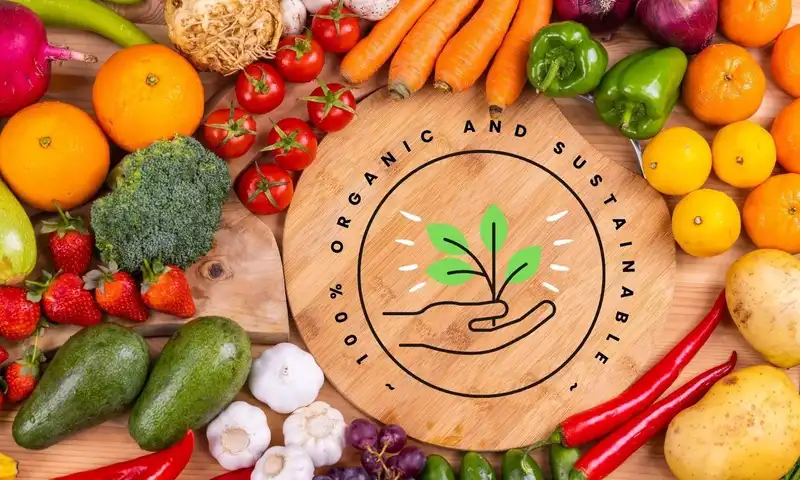
The term “sustainable food” describes food that is produced, processed, and consumed in ways that benefit the environment, our communities, and our health. This concept is spreading culturally in Vietnam, where traditional customs coexist with contemporary environmental objectives.
Zero-waste methods and organic labeling aren’t the only things at stake. It’s about adopting eco-friendly substitutes, maintaining conventional farming practices, and choosing foods with consideration for the environment. In Vietnam, sustainable food means eating with purpose—without sacrificing taste or cultural identity—through low-carbon farming and plant-based diets.
Why Sustainable Food Is Gaining Ground in Vietnam
Gen Z and Millennials are driving a significant change in Vietnamese cities. More than ever before, these younger generations are concerned about their health, the environment, and internet connectivity. They are choosing ethical, honest, and clean foods.
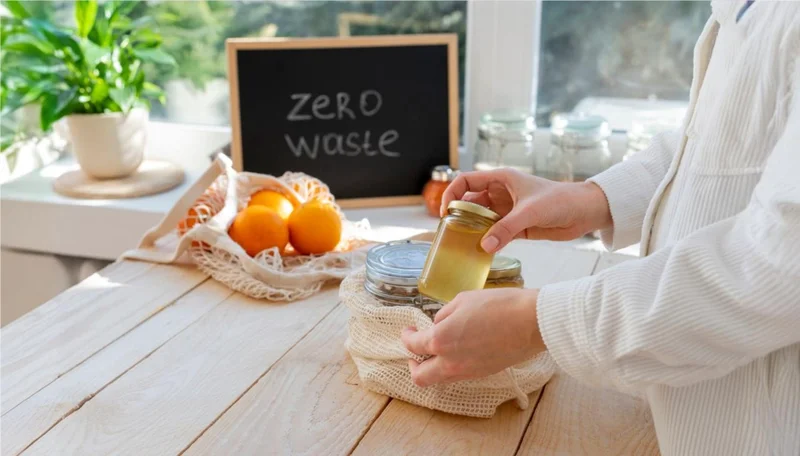
Farm-to-table, vegan, and “Eat Clean” movements are becoming more popular. More Vietnamese people are becoming aware of the negative effects conventional farming has on the environment and the health advantages of plant-based diets. This tendency is being accelerated by urbanization, social media accessibility, and digital learning platforms, which is why progressive consumers share a desire for sustainability.
Key Drivers Shaping Sustainable Food Consumption in Vietnam
Several powerful forces are pushing Vietnam toward a more sustainable way of eating:
- Health consciousness: People are becoming more conscious of their diets as chronic conditions like obesity and diabetes become more prevalent. Customers are actively looking for foods that minimize dangerous ingredients, increase immunity, and promote long-term wellness.
- Environmental concerns: People are choosing meals with a lower carbon footprint as a result of growing awareness of pollution, climate change, and resource shortages. Diets and goods that minimize emissions, save water, and steer clear of superfluous packaging are gaining popularity.
- Policy support: Cleaner practices are being promoted by government and corporate initiatives centered around ESG (Environmental, Social, Governance). This includes incentives for organic farming, waste minimization, and enhanced supply chain monitoring.
- Community values: Vietnamese customers are becoming more conscious of the origins of their food. The value of local goods, food traceability, and companies that respect farmers, customs, and the land is changing in society.
When taken as a whole, these factors are giving rise to new consumer markets that are open to change, agritech investment, entrepreneurial opportunities, and changes in lifestyle.
Local Innovations in Sustainable Food Products
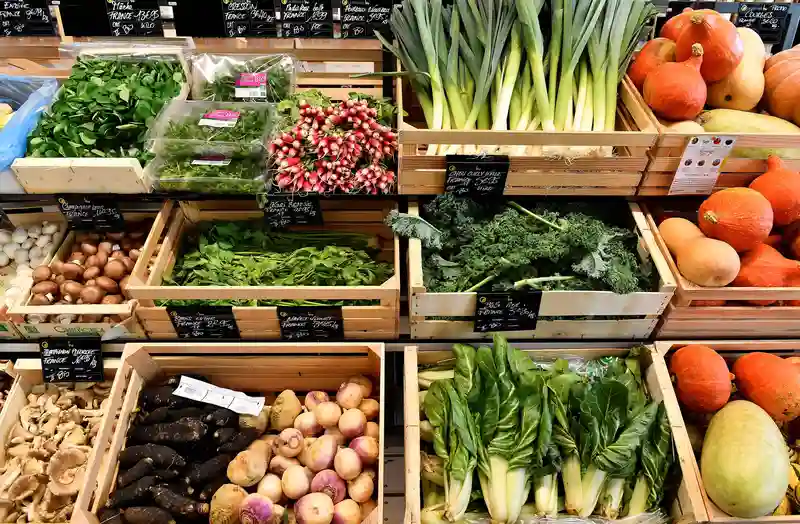
Plant-Based & Organic Foods
Plant-based and organic solutions are quietly undergoing a revolution thanks to Vietnamese producers. Nowadays, local brands of meat substitutes, tofu, and soy milk may be purchased at both supermarkets and coffee shops.
Mekong Delta organic rice, herbal teas like bamboo leaf tea, and organic vegetables are being certified and sold to domestic and international consumers. These goods are a blend of innovation and history that make sustainability approachable and recognizable.
Eco-Friendly Packaging and Utensils
Plastic-free is the new norm. Bamboo straws, serving trays, and eco-packaging made from renewable resources are being produced by businesses such as Oceans Republic. In addition, biodegradable containers are now widely available from Vietnamese companies, which helps cut down on plastic waste in retail and food delivery.
These developments represent more than just packaging; they represent a larger dedication to zero-waste methods in Vietnam’s food sector.
Technology’s Role: How AI Dashboards Are Shaping Food Trends
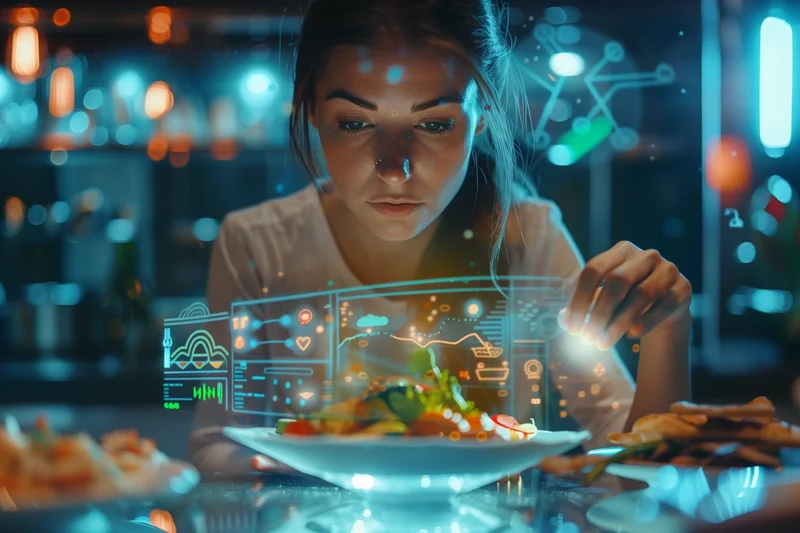
Vietnam’s culinary sector is changing dramatically thanks in large part to AI. Businesses may forecast trends, watch demand patterns in real time, and evaluate consumer insights with the aid of platforms such as Mintel, Nielsen, and Innova.
Businesses may identify new trends with AI-powered dashboards, such as the decline in the consumption of sugary drinks or the growing interest in plant-based diets. Making food production more intelligent, efficient, and sustainable is an example of data-driven food innovation in action.
Export Potential of Vietnam’s Sustainable Food and Packaging Products
Vietnam is becoming as a global center for environmentally friendly exports. Products like eco-friendly kitchenware, bamboo straws, and organic tea are becoming more and more popular in Japan, the U.S., and Europe.
- Vietnam’s bamboo production complies with international green material standards.
- Eco-export Vietnam is a growing term in trade networks that connects global demand with sustainable agriculture.
- Export prospects are being further enhanced by enhanced green logistics and digital traceability systems.
Vietnam’s natural resources, talented craftspeople, and expanding technological capabilities position it as a major supplier in the sustainable food and packaging industry.
Challenges Facing Vietnam’s Sustainable Food Ecosystem
Despite impressive momentum, Vietnam’s sustainable food journey faces significant roadblocks:
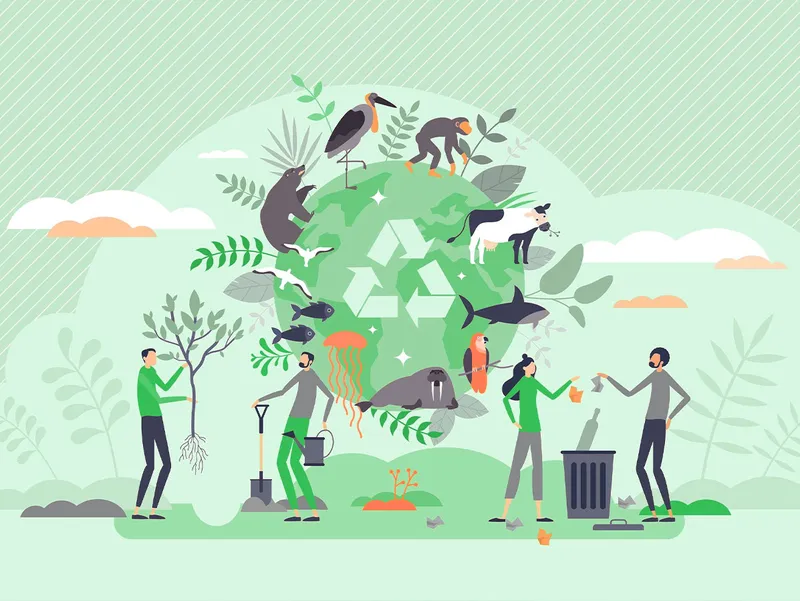
- Widespread adoption is slowed by limited awareness of sustainable food practices in rural and underdeveloped areas. Many communities continue to use old ways without realizing how they affect the environment.
- Small farmers find it challenging to enter green markets due to the high expenses and complexity of organic certification. Even though many of them already engage in informal eco-friendly farming, this makes it difficult for newcomers to enter the market.
- Consumer trust is hampered by fragmented supply chains and limited traceability. Many consumers are nevertheless dubious about food, even that which is branded as “organic” or “sustainable,” if there are inadequate mechanisms in place to confirm its provenance, quality, or ethical standards.
- Startups and cooperatives receive little assistance due to inconsistent legal frameworks and a dearth of coordinated government incentives.
These problems, which range from policy gaps and infrastructure bottlenecks to educational deficiencies, require concerted efforts from the public, commercial, and civil society sectors. Vietnam can then create a transparent and robust food system.
The Future of Food in Vietnam: Sustainable, Smart, and Scalable
Technology, creativity, and necessity are driving a culinary revolution in Vietnam.
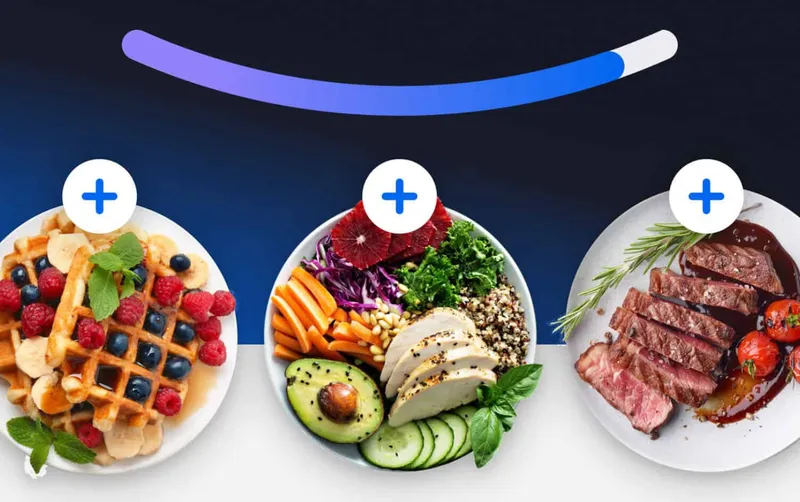
Expect to see:
- Vertical farms provide fresh produce all year round while saving space and lowering carbon emissions in crowded metropolitan locations.
- Alternative proteins that provide nutritional needs while lowering reliance on conventional cattle include plant-based meats, insect protein, and microalgae.
- Blockchain and AI-powered traceability solutions that let customers quickly check the origin of food, the use of pesticides, and the carbon footprint.
- Regenerative farming, smart irrigation, and predictive farming all contribute to resilient food systems, which are essential for reducing supply interruptions and climate threats.
This vision combines technology and tradition to provide food that is scalable, intelligent, clean, and in line with both Vietnamese values and international sustainability objectives.
How Businesses and Consumers Can Drive Change
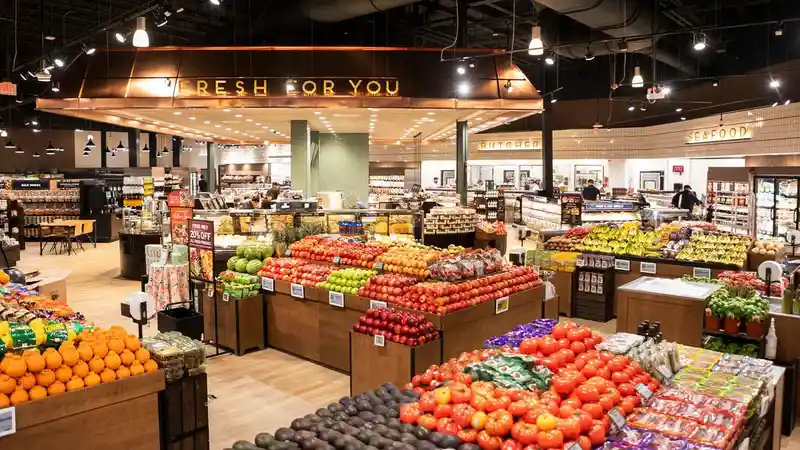
Change doesn’t require a complete overhaul—it begins with practical, impactful steps:
- Adopt eco-friendly materials, minimize food waste, and integrate green sourcing policies in your business operations.
- Support local organic farms by shopping at farmers’ markets, joining community-supported agriculture (CSA) programs, or promoting fair-trade products.
- Educate employees and customers about sustainable choices—whether it’s through menu labeling, packaging tips, or hosting awareness workshops.
- Reduce personal food waste by planning meals carefully, composting, and reusing leftovers creatively.
- Transform your eating habits slowly—try one plant-based meal per day, or participate in monthly “Meatless Mondays” to ease into conscious consumption.
Both businesses and individuals have the power to reshape Vietnam’s food future—one conscious choice at a time.
Final Thoughts: Vietnam’s Roadmap to a Greener Food Future
Vietnam has the potential to lead the region in sustainable food production. With its deep cultural roots, expanding creativity, and global perspective, it can serve as a model for food sustainability in ASEAN.
It requires cooperation, though. To build a system that benefits both the environment and people, businesses, legislators, and regular consumers must collaborate. It’s a clear roadmap: inclusive, intelligent, and green.
CONTACT

https://shorturl.fm/upEfy
https://shorturl.fm/PGrl8
https://shorturl.fm/DxCAC
https://shorturl.fm/PQ6vT
https://shorturl.fm/3rX0Q
https://shorturl.fm/Xf2OQ
https://shorturl.fm/YHPOk
https://shorturl.fm/Cx3IU
Interesting read! Transparency is key in online gaming, and platforms like 365jl online casino seem to prioritize that, especially with their KYC process. Good to see secure access & fair play discussed! 👍